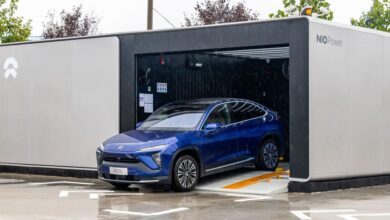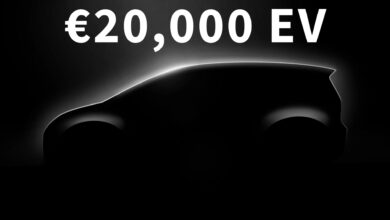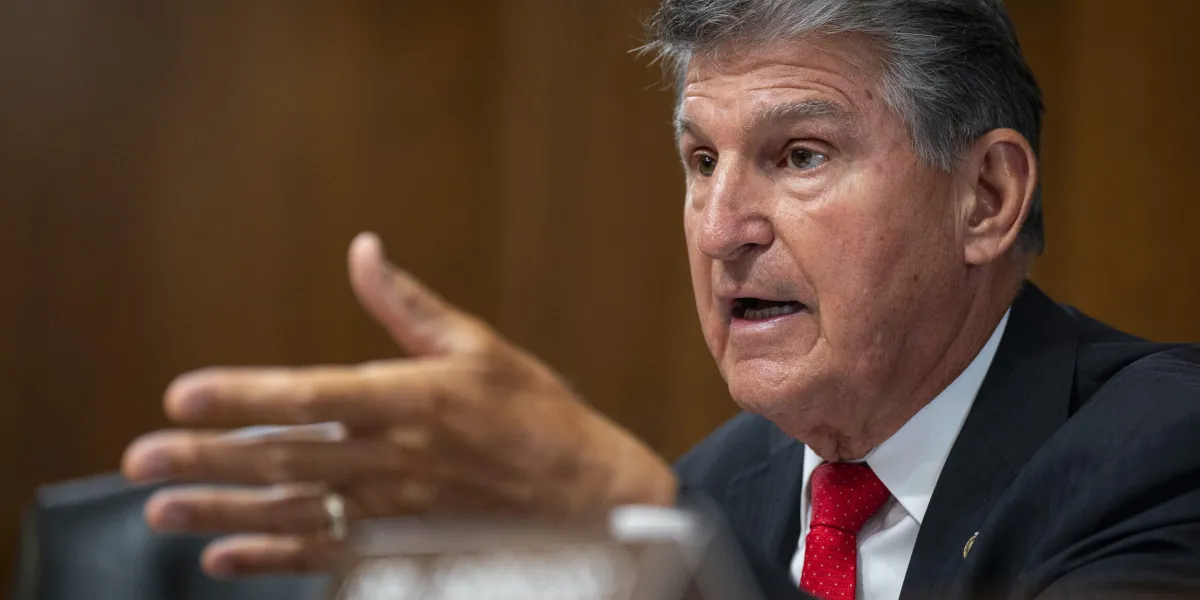Brazilian EV Alliance Doubles Target Amid Rising Demand

What’s going on here?
On May 29, 2024, a Brazilian alliance boosted its electric vehicle (EV) target from 10,000 to 20,000 by the end of 2025.
What does this mean?
The initiative, which kicked off in 2022, is spearheaded by ride-hailing app 99, Uber’s primary rival in Brazil. This powerful coalition includes heavyweights like Raizen, car rental company Movida, and Chinese automaker BYD. Thanks to their combined efforts, the original 2024 target of 3,500 EVs has been exceeded, hitting 4,100 units. The alliance has now set even more ambitious goals – 8,000 EVs this year and 20,000 by the end of next year. Over the past two years, the group has poured 245 million reais ($47.34 million) into the project, a significant investment reflecting their commitment to a greener future.
Why should I care?
The bigger picture: A green revolution with international strings.
Brazil recently overtook Belgium as the largest
export
market for Chinese new energy vehicles. China’s exports of electric cars and plug-in hybrids to Brazil surged by 13 times in April year-on-year, reaching 40,163 vehicles. In response, the Brazilian government plans to gradually hike EV
import
taxes to 35% by mid-2026. However, the alliance intends to sidestep these levies with local manufacturing facilities from BYD in Bahia and GWM in São Paulo, highlighting a strategic push for domestic production.
For markets: Charge up for local production benefits.
The advancements in EV strategies, technological enhancements, falling vehicle prices, and increased model availability since 2022 have helped mitigate fears around rising import taxes. By fostering local manufacturing, companies like BYD and GWM can reduce dependency on imports, stabilize prices, and ensure a steady supply, making Brazil a less risky and more profitable market for investors.



